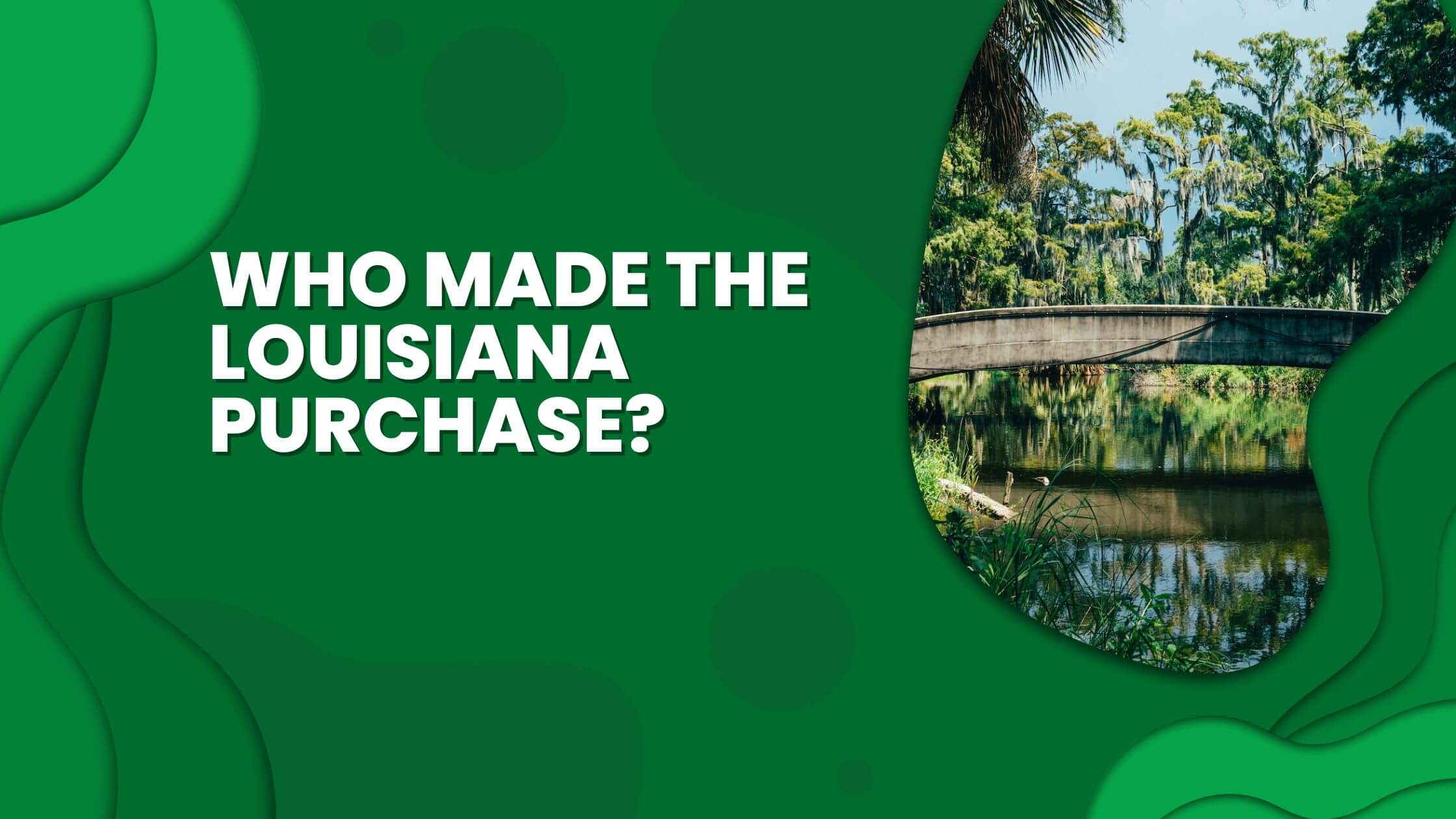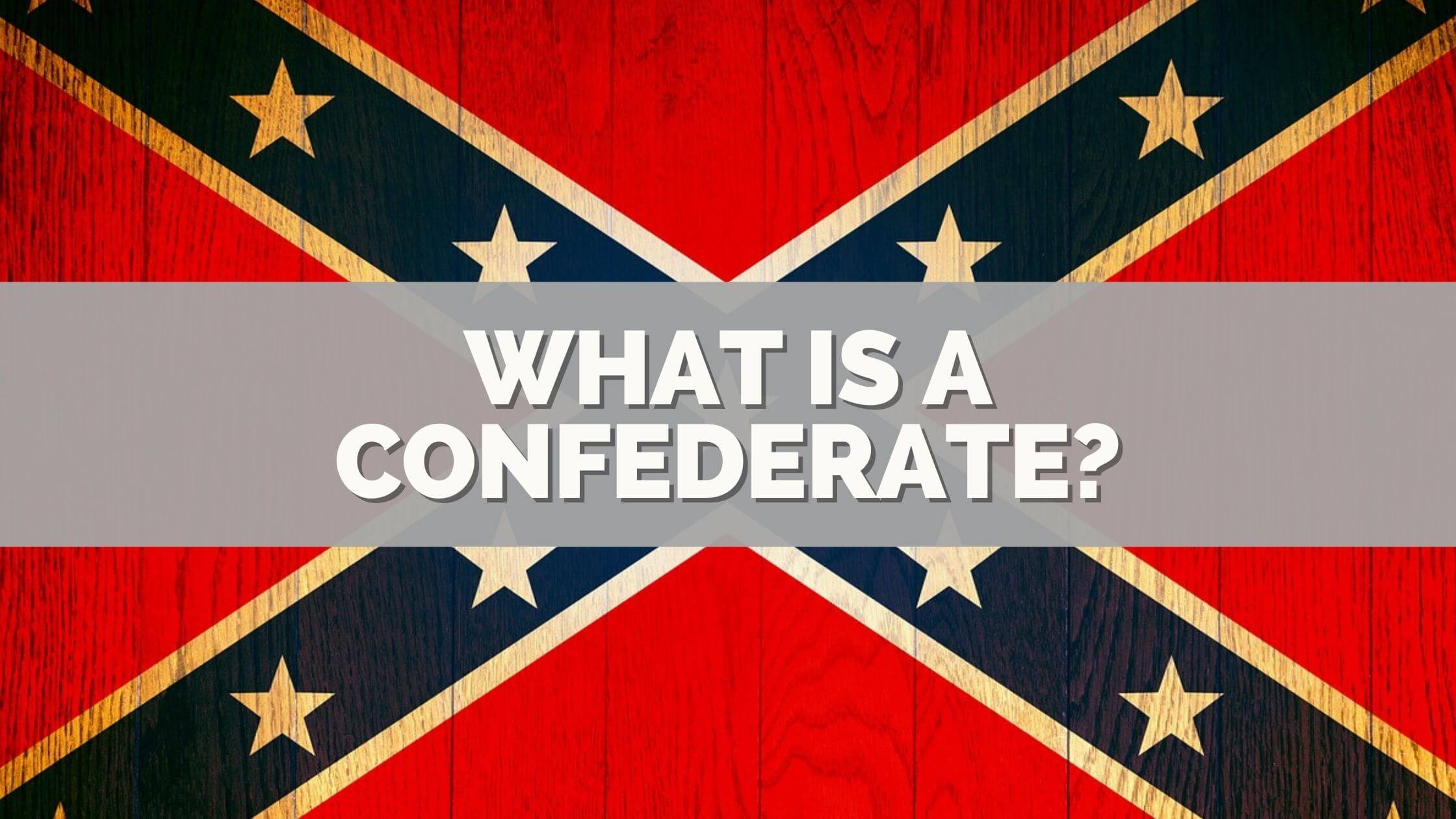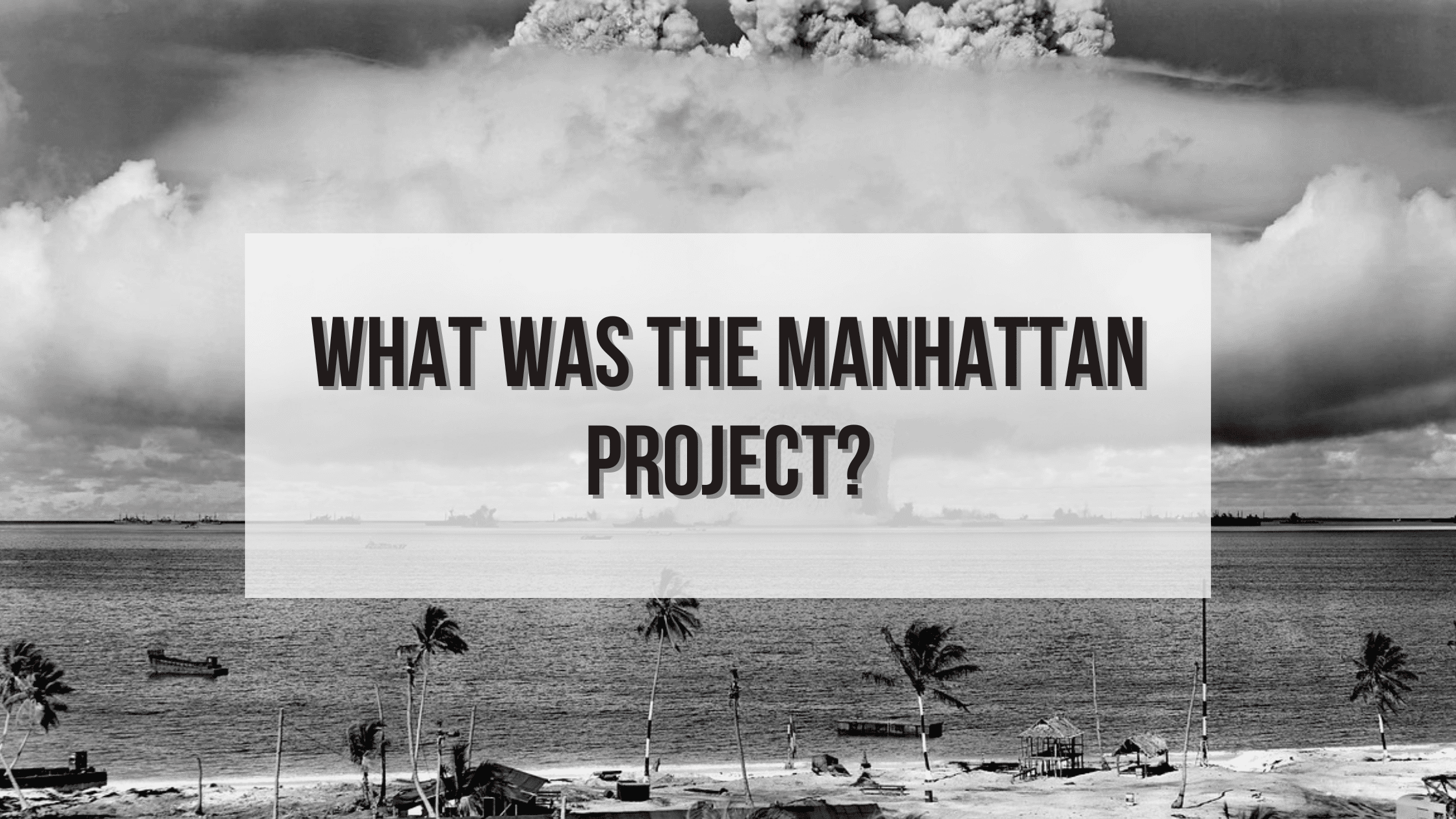Table of Contents
ToggleSources
- https://www.history.com/topics/us-states/pennsylvania
History.com is a reliable source for historical information. This page provides a comprehensive overview of Pennsylvania's founding, including details about William Penn and the indigenous tribes in the region. - https://www.britannica.com/place/Pennsylvania-state
Encyclopaedia Britannica is an authoritative source. This entry covers the history of Pennsylvania, from its indigenous roots to its role in the Revolutionary War and beyond. - https://www.nps.gov/inde/learn/historyculture/places-independencehall.htm
The National Park Service provides detailed historical context about Independence Hall in Philadelphia, which is relevant to Pennsylvania's role in the founding of the United States. - https://www.phmc.state.pa.us/portal/communities/pa-history/1681-1776.html
The Pennsylvania Historical & Museum Commission offers authoritative information on the state's early history, including the founding by William Penn and interactions with indigenous tribes. - https://www.battlefields.org/learn/civil-war/battles/gettysburg
The American Battlefield Trust is a trusted source for Civil War history. This page details the Battle of Gettysburg, a key event in Pennsylvania's history during the Civil War.
Key Points
- Pennsylvania's history predates European colonization, with indigenous tribes like the Susquehannock, Lenape, and Shawnee inhabiting the region for thousands of years.
- European colonization led to the displacement of indigenous populations due to disease, land sales, and coercion.
- William Penn founded Pennsylvania in 1681, naming it 'Penn's woods,' and established it as a haven for religious tolerance.
- Philadelphia, founded by Penn, became a key city in early U.S. history, serving as the nation's first capital and a major trading hub.
- Religious freedom in Pennsylvania attracted diverse European settlers, including Quakers, Puritans, and Mennonites.
- After William Penn's death, his sons expanded the colony aggressively, increasing its economic and territorial influence.
- Pennsylvania played a crucial role in the Civil War, hosting the pivotal Battle of Gettysburg and contributing significantly to the Union's success.
- The state's economy thrived during the Industrial Revolution, particularly through coal mining and trade.
- Today, Pennsylvania remains historically significant, with landmarks like Independence Hall and the Liberty Bell in Philadelphia.
- The state's political identity evolved from a predominantly red state to a swing state, maintaining its importance in national elections.
Summary
Pennsylvania's history dates back over 15,000 years with Indigenous tribes like the Susquehannock, Lenape, and Shawnee inhabiting the region before European colonization. Officially founded in 1681 by William Penn, the colony became known for its religious tolerance and later played a pivotal role in American history, from the Revolutionary War to the Civil War. Today, Pennsylvania remains a key historical and political state, recognized for landmarks like Philadelphia’s Independence Hall and its diverse cultural roots.
Pennsylvania is one of the nation’s oldest and most important states. Who founded Pennsylvania, and where did the Quaker State get its name? While some people associate Pennsylvania with the Revolutionary War, its history goes back far beyond that.
In fact, the British weren’t the first to even settle the colony. Dutch settlers were in the area first, and before and alongside them were thousands of indigenous people. Let’s explore the origins of this Keystone State and its role in the founding of the United States of America.
Native American and Indigenous Presence
While Pennsylvania was officially founded in 1681, the presence of indigenous peoples precedes this date. It’s estimated that the first people to inhabit the Americas arrived some 15,000 years prior.

Although many tribes came and went through this period, the three most prominent tribes in the region at the time of European colonization were the Susquehannock, Lenape, and the Shawnee.

Get Smarter on US News, History, and the Constitution
Join the thousands of fellow patriots who rely on our 5-minute newsletter to stay informed on the key events and trends that shaped our nation's past and continue to shape its present.
There was also the Iroquois Confederacy, which was made up of five nations. These groups covered Pennsylvania and other Northern territories.
Rising Tensions
Indigenous populations were rapidly depleted due to the introduction of disease and efforts by the French and other colonizing groups to push native populations outward.
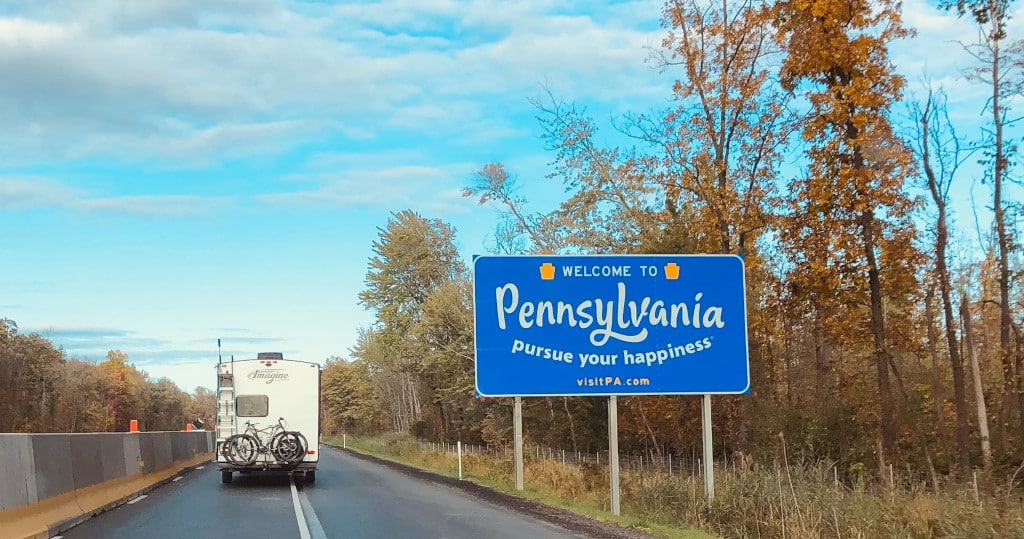
They were coerced into selling their land and signing a peace treaty, although they did retain a small amount of land along the Susquehanna river for refugees to settle on.
As native populations were wiped out or moved away, Dutch, French, British, and other settlers moved in, forming the trading networks that would go on to establish the colony of Pennsylvania.
William Penn
The colony did not receive the name Pennsylvania until 1681 when King Charles II of Great Britain granted the province to William Penn. Penn was the son of an admiral to whom the Crown owed a debt, which was settled through the granting of the territory.
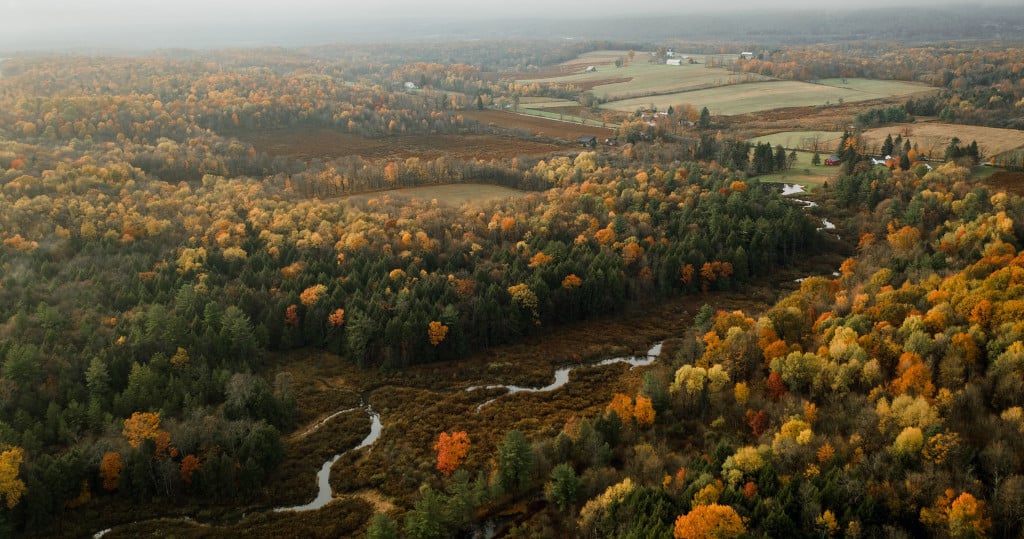
Sir William Penn named the territory Pennsylvania, Latin for “Penn’s woods.” Penn was a member of the Religious Society of Friends, more informally known as a Quaker.
Upon officially founding the colony, he was concerned with the issue of religious tolerance and founding a region where people were free to practice their religion as they pleased.
The Founding of Philadelphia
Along with the Pennsylvania colony, William Penn also founded the city of Philadelphia. The name was taken from a city in the Bible and translates to “brotherly love” in ancient Greek.
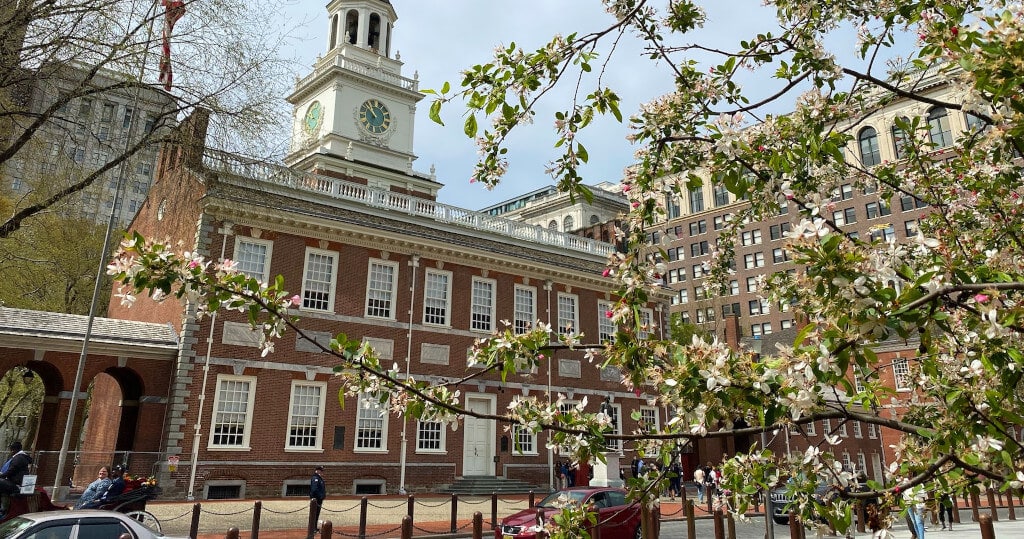
The city of Philadelphia went on to be of great importance to the early United States. It even served as the nation’s capital for an extended period of time. For a great portion of the nation’s history, Philadelphia was also the country’s largest city.
Two significant Revolutionary War battles were fought there, and immediately following the end of the war, it was Philadelphia that was declared to be the nation’s very first capital city.
The capitol would move to New York City for a brief period but back to Philadelphia for another 10 years before Washington, D.C., was named as the permanent national capital city.
Religious Tolerance
Word of Pennsylvania and its newfound city Philadelphia began to reach overseas. In particular, many were attracted to the idea of living in an area that embodied religious freedom. The prospect of religious freedom resulted in a large number of individuals sailing in to settle in the region.
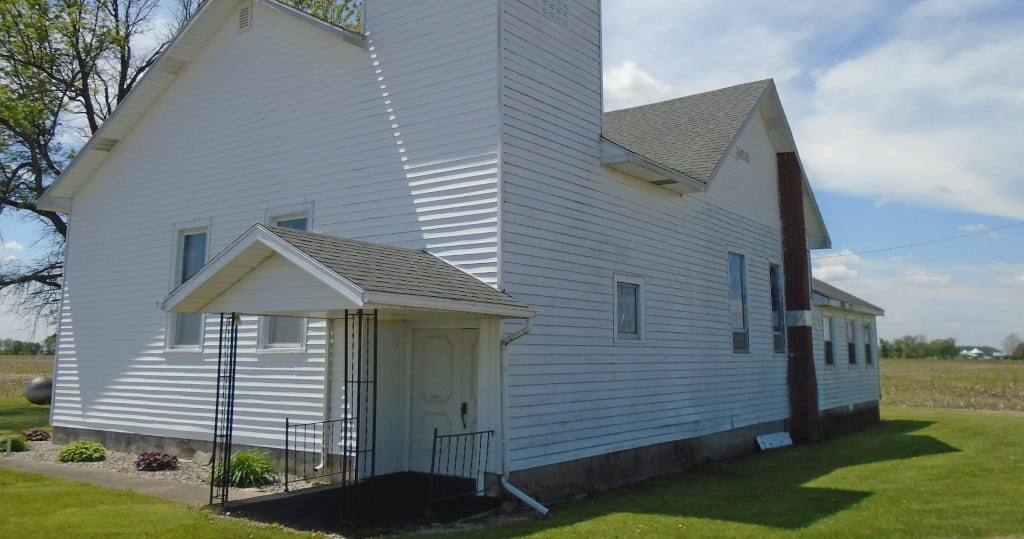
These settlers came from all over Europe, including Scotland, Germany, France, and other nations. These individuals were tied to several religions that experienced frequent persecution in Europe, such as the Puritans and Mennonites.
This concept of religious tolerance created a diverse landscape in the area. However, many indigenous people were forced to abandon their religions and convert to Christianity and Western ways of living.
Industrial Boom
Colonial America encountered even more rapid expansion after the death of William Penn in 1718. Penn had taken a more cautious and fair approach to deal with American Indians, but his sons, including Thomas Penn, abandoned this approach upon taking over the colony.
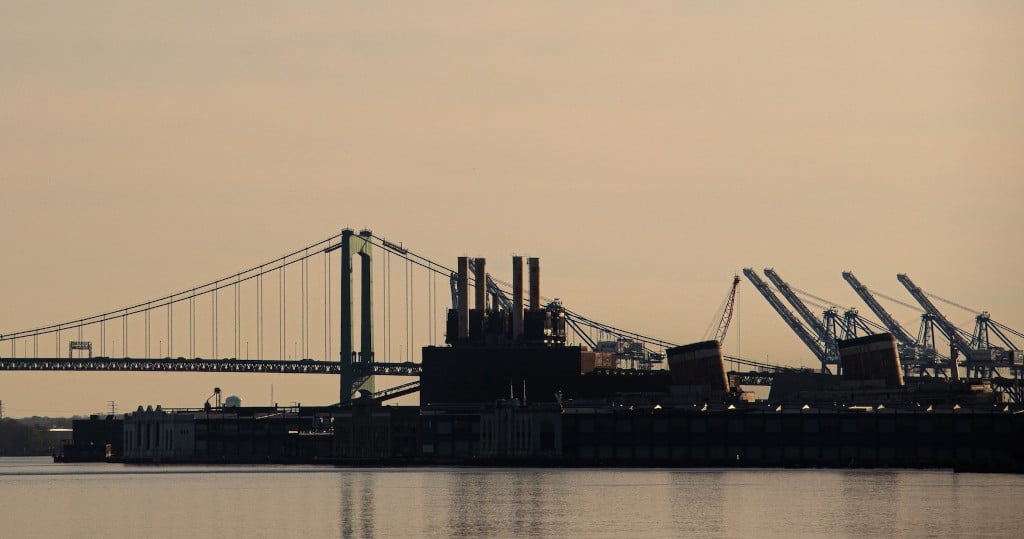
More land was added to the territory, eventually expanding access to the sea. The Port of Philadelphia established the city and colony of Pennsylvania as an important trading post. This would continue to sustain the colony well into the American Revolution and even today.
The Civil War
Pennsylvania was a key state during the Civil War. It served as one of the most important states in the Union for its leadership and manpower. It was also home to the Battle of Gettysburg, which was instrumental to the Union’s success and the Confederacy’s defeat.
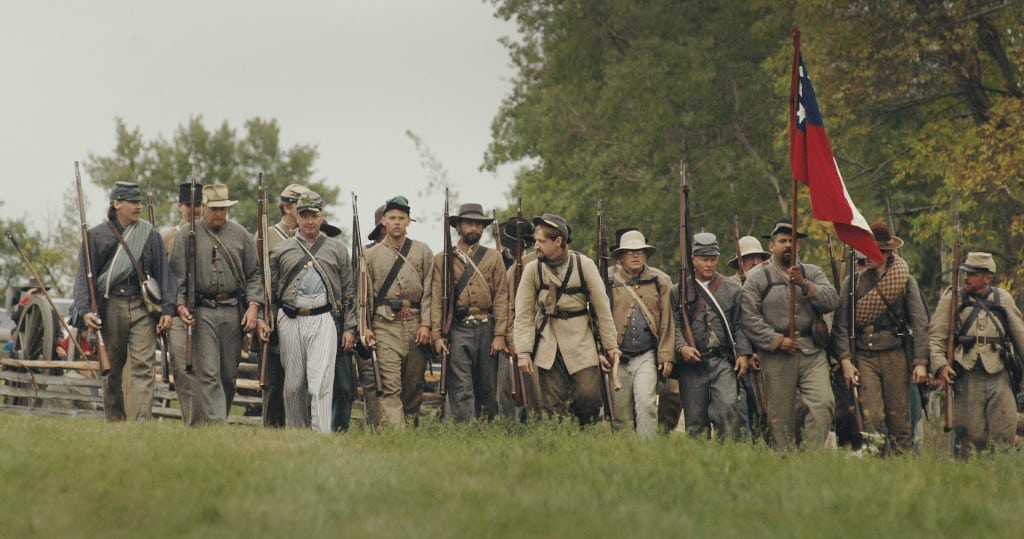
During this period and afterward, Pennsylvania continued to thrive economically. Coal mining was an especially important industry. Like other states at this time, the industrial revolution reshaped the economy and political framework.
Before this period, Pennsylvania was a predominately red state, accounting for the fact that the parties switched sides during the 19th and 20th centuries. Afterward, Pennsylvania gained status as a swing state, with no party taking favor over the other. This status continues to this day.
Pennsylvania Today
Today, Pennsylvania is renowned for its historical importance to the founding of the United States.
The state’s capital city, Philadelphia, is home to the nation’s first capitol (hosting the First Continental Congress and Second Continental Congress) as well as other important landmarks, like Independence Hall and the Liberty Bell.
When answering the question of “Who founded Pennsylvania?” the answer isn’t as clear as it might seem. William Penn was the first person to name and take ownership of the colony.
However, the presence of indigenous people far predates the first European settlers, to the tune of about 15,000 years or even greater.
Before European settlers, the area known today as Philadelphia was a thriving coastal land home to many American Indians, such as the Susquehannock, Lenape, and Shawnee. Conflict, disease, and coercion diminished native populations, leading to the territory being known as Pennsylvania as it is today.
Who Founded Pennsylvania? Quiz
Frequently Asked Questions
Who founded Pennsylvania and why was it named so?
Which indigenous tribes were prominent in Pennsylvania before European colonization?
What role did Philadelphia play in early American history?
How did Pennsylvania contribute to religious tolerance in colonial America?
What was Pennsylvania's significance during the Civil War?
How useful was this post?
Click on a star to rate it!
Average rating / 5. Vote count:
No votes so far! Be the first to rate this post.
We are sorry that this post was not useful for you!
Let us improve this post!
Tell us how we can improve this post?

